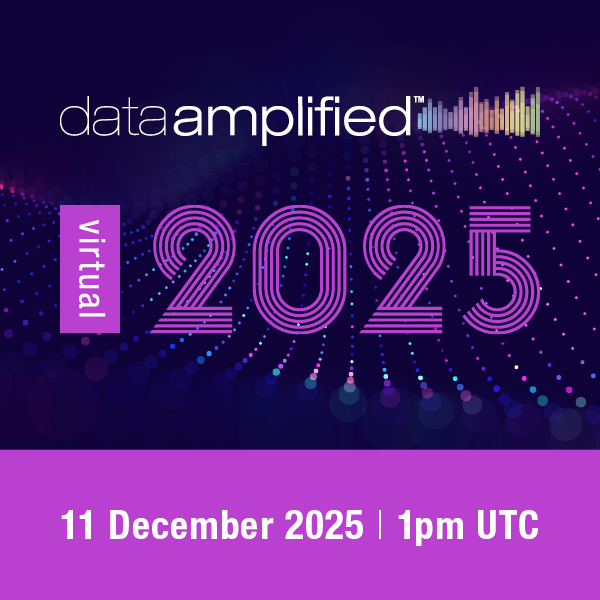XBRL US on data standards for regulators: new infographic, and letter to Chief Data Officers Council

There’s more recommended reading from our colleagues at XBRL US this week, exploring the properties and benefits of successful data standards for regulators. XBRL US has written in response to a request for information (RFI) on behalf of the governmental Chief Data Officers (CDO) Council, developing some of this material into a highly informative infographic.
The CDO Council seeks to improve the management, use, protection, dissemination, and generation of data in US government decision-making and operations. XBRL US urges the adoption of data standards to support this mission – and, for maximum impact, implementation of a single standard across relevant federal agencies in the form of XBRL.
As discussed in the infographic, an effective data standard should be open, nonproprietary, and in widespread use. It should also offer a long-term solution that can easily be adapted over time, and it should rely on a single data model documented in a machine-readable taxonomy. The results for regulators include high-quality data that is machine-readable, automatable and timely; the ability to combine and analyse multiple datasets; lower costs throughout the reporting value chain; and reduced reporting burdens. Short-term solutions such as using spreadsheets for data collection or developing one-off systems may appear easier, but are much less useful and more costly in the long run.
The letter also examines in useful detail how data standards can contribute in specific areas of interest to the CDO Council, particularly data inventories and data sharing, and how XBRL can facilitate access to data. XBRL reports, it explains “are unambiguously machine-readable; data transported in XBRL format can be read direct from machine-to-machine with no need for manual interpretation or extraction. Because XBRL is a widely used standard, tools that work with one implementation will work with any other XBRL program, keeping the cost of analysis low and allowing for the commingling of data.”
In answer to the question “How do we get there?” XBRL US says “We are already there.” XBRL is in use around the world.
Need to respond to a local RFI in your country? Looking for ways to convince policy makers or regulators with whom you interact that standards lower costs, enhance competition, expand innovation and meet their needs for high quality data? That standards beat out reinventing the wheel every day? Perhaps you are a policy maker or regulator. Either way — these new pieces from XBRL US are very much worth a read.






